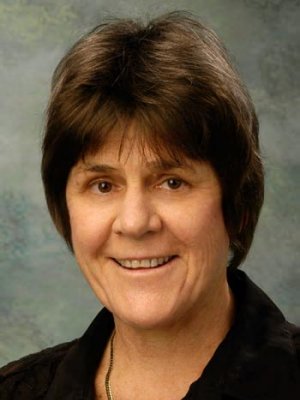
It is likely to take several generations to close the gap between the health of Indigenous and non-Indigenous people’s health, according to leading chronic disease researcher, Professor Wendy Hoy.
Professor Hoy, who received a prestigious NHMRC Australian Fellowship in 2008 for her long-term work in the area, said while there was progress being made, the aspiration to close the gap by 2030 was not attainable.
“The awareness of chronic disease and systems for surveillance and management are continually improving. Central co-ordination of Indigenous primary health care is the way to move that forward," she said.
“However, despite our best efforts it is implausible that within 21 years, preventive strategies, social or medical, will extinguish all excess chronic disease, the greatest contributor to Indigenous deaths.”
In a recent article in the Medical Journal of Australia, Professor Hoy suggests a focus on shorter-term measures, including:
• adequate primary care services and health infrastructure
• development and implementation of a long-term action plan targeted to areas of need
• building evidence and supporting what works
• measuring, monitoring and reporting outcomes, and
• implementing adequately funded campaigns to contain problem drinking and smoking.
“For greatest impact, interventions must be fast-forwarded in areas with the highest death rates,” Professor Hoy said.
“Well targeted and resourced efforts, continually evaluated and adapted, will produce steady improvements in all important parameters of Indigenous health,” Prof Hoy said.
Her research has help boost understanding of Indigenous health issues and included translational projects trialling prevention and treatment options."
The NHMRC has played a key role in funding Dr Hoy's multidisciplinary work in chronic disease in high risk populations, supporting studies in renal morphology, kidney ultrastructure, kidney stereology, biomarkers, genetics, epidemiology, clinical interventions and health services improvements.
Her current work includes a prevention trial on the Tiwi Islands, to see if onset of renal disease can be prevented, genome typing to better understand susceptibility (collaborating with the USA’s National Institutes of Health) and promotion of chronic kidney disease as a national health priority.
Much of her work has relevance for Indigenous populations internationally and she is involved in significant collaborations with colleagues outside Australia.
Media: Faculty Communications Manager, Marlene McKendry - 0401 99 6847.
.jpg)



